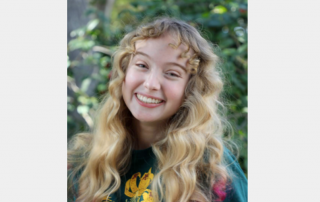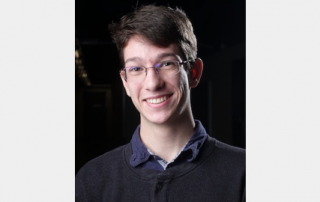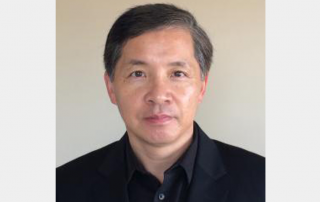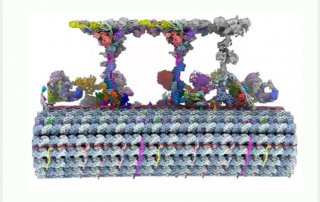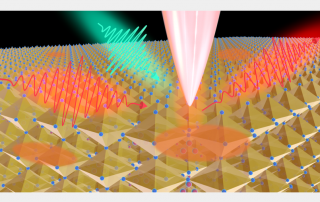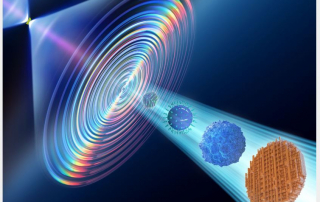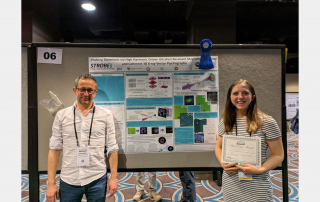Congratulations to Gabriella (Gabi) Seifert for Receiving an NSF Graduate Research Fellowship
The NSF GRFP recognizes and supports outstanding graduate students in NSF-supported STEM disciplines who are pursuing research-based master’s and doctoral degrees at accredited US institutions. The purpose of the NSF Graduate Research Fellowship Program (GRFP) is to ensure the quality, vitality, and diversity of the scientific and engineering workforce of the United States. The five-year fellowship provides three years of financial support including an annual stipend of $37,000.
